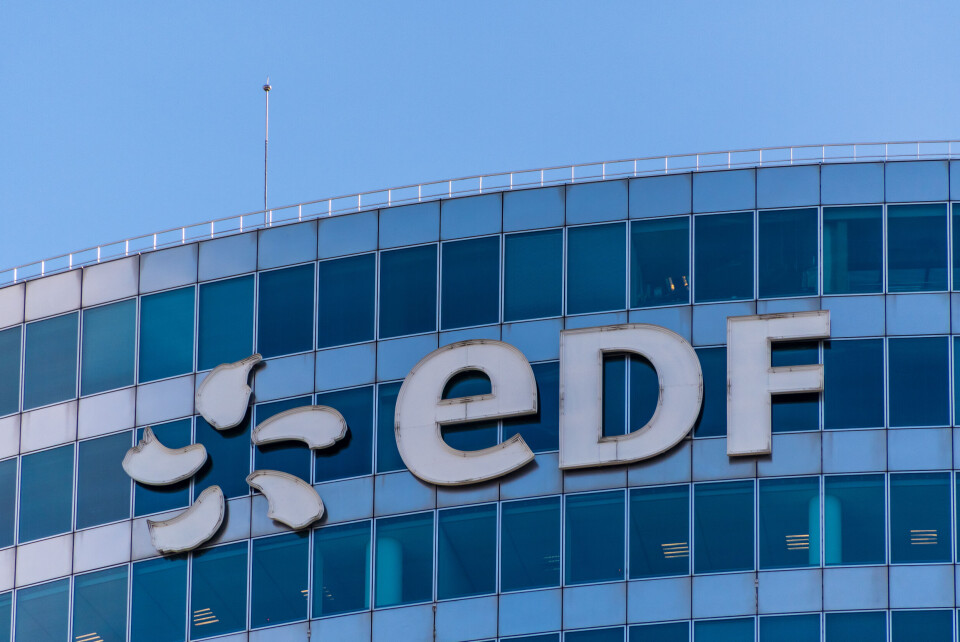-
French windfarm paused after 300 protected birds killed by blades
Plus how many windfarms are there in France?
-
Graph: How do French electricity prices compare with other EU countries and UK
Costs have steadily risen across the last decade
-
Extra aid for people buying an electric car in France
The aid applies to multiple vehicle manufacturers in France
EDF nationalisation is end of bumpy ride for French investors
In 2005, they bought shares at €32 each, believing it was a safe investment. The finance ministry has offered shareholders €12

The government’s announcement that it will buy out EDF brings a sad end to a part-privatisation scheme that saw five million optimistic French people purchase shares in the company in 2005, many of whom were buying shares for the first time in their lives.
Investors think there are problems ahead
The finance ministry said in July it had offered €12 a share to buy the 16% of the company not already in state hands, in a deal which will cost nearly €10billion.
Approval still has to be given in September by the market regulator Autorité des marchés financiers.
In a sign that some investors think there might be problems, EDF shares continued to trade under €12 after the official announcement.
Minister needs buy-out for nuclear plans
Economy minister Bruno Le Maire said full nationalisation was essential for EDF to get funding for ambitious plans to build new nuclear reactors.
It will also clear the way for more investment in renewable energy, he claimed.
Read more: France plans renewable energy boost as inflation threatens projects
Read more: France to build six nuclear reactors and 50 offshore wind farms
End of expensive ride for French investors
For many French people, the news brought disillusionment and spelled the end to an expensive investment.
In 2005, they bought shares at €32 each, believing it was a safe investment and that they were contributing to an important part of France’s infrastructure.
Initially, all went well, with shares rising in early 2007 to a record high of €76.64, before freefalling to €14.10 in 2012 as a result of the subprime crisis, followed by the euro crisis.
A further low of €8.97 came in 2016 when EDF’s financial director resigned, saying the company’s plans to borrow to build Hinkley Point C nuclear power station in England would cripple it financially.
The effects of the Covid crisis, nuclear power station outages due to faulty welds, and power station building delays further depressed the price to €7.84 just before the renationalisation announcement.
Who is affected by the renationalisation?
For EDF workers, full nationalisation will probably not change much.
They lost their fonctionnaire status when EDF transformed its statutes to a company with SA (société anonyme) status, although many long-serving employees still enjoy perks such as nearly-free electricity, which came with the job in the good old days.
Of the five million investors in 2005, only die-hard believers, or people who do not know how to sell shares, are likely to still be hanging on to their original €32 share certificates.
It did not stop some small shareholder organisations from branding the government plans a disgrace, and demanding a price of €16.52 for their shares, which with dividends paid over the years means they will have recuperated the full €32 initial price.
Related articles
EDF renationalisation plan: will it lower bills for users in France?
MPs pass France’s purchasing power law: What does it include?
Solar panels on French property: how to make your own electricity
























